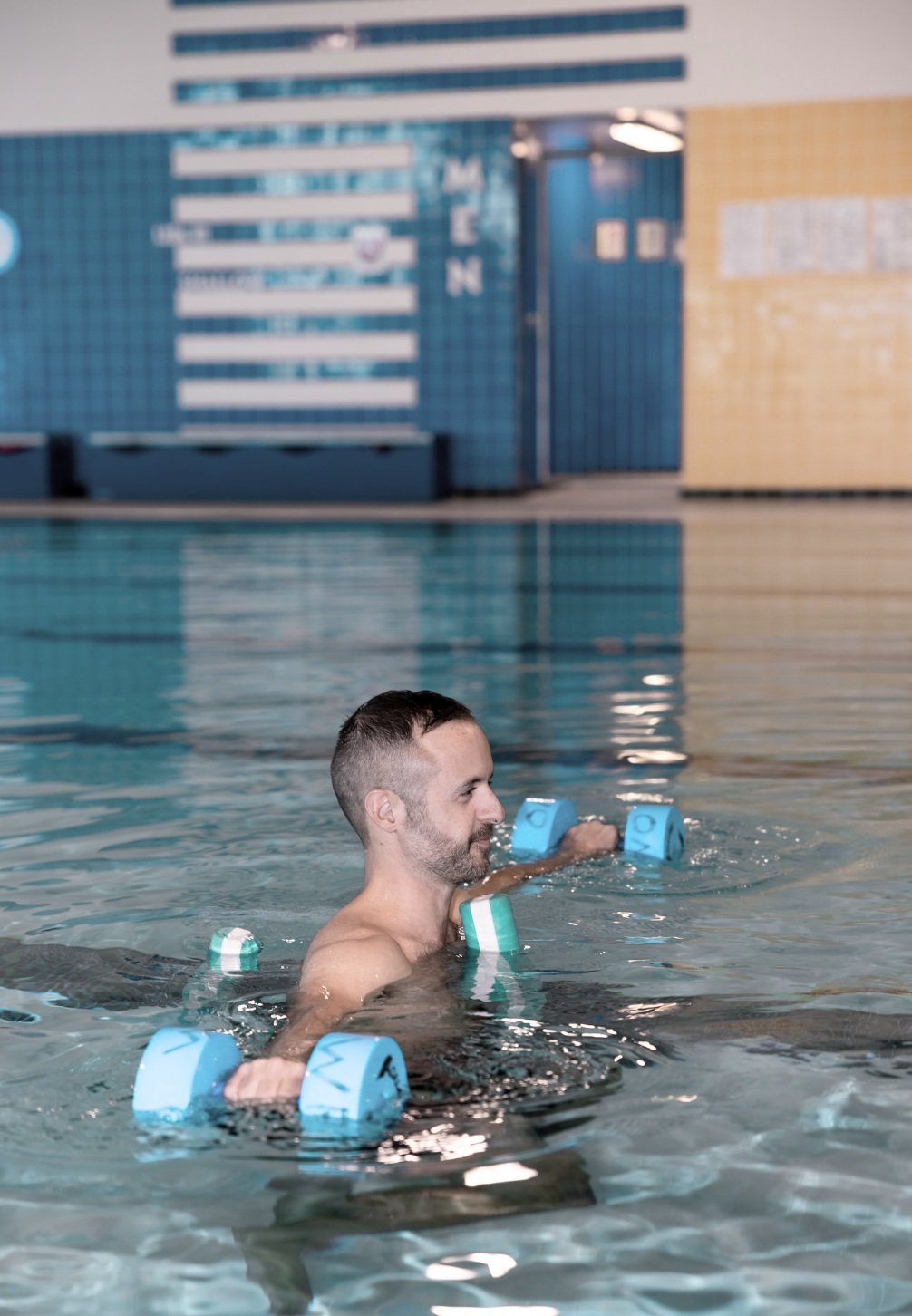Personalized Medicine, Why It Matters.
Rehab Tools to better understand why personalized medicine may be right for you
Personalized medicine or precision medicine is a medical model that classifies people into groups to better predict their risk of disease and/or response to treatment. Grouping is often achieved through data gathering such as genetic testing. Personalized cancer medicine has been trending in breast cancer treatment; as tumour biopsies can help understand a the sensitivity of tumour cells to particular hormones etc. Through tumour biopsy, and genetic testing, personalized medicine in oncology can allow for individualized treatment regimes; tailoring dose and drug to genetic information is also known as pharmacogenomics.
To understand personalized or precision medicine, it’s important to have a vague understanding of the science of gene expression. Genetics is the study of heredity; how genetic variation is passed on. Starting with simple plants, scientists have progressed to the realm of human genetics having now mapped the entire human genome. For many years, mechanisms of inheritance have primarily been thought to be trait and molecular, but discoveries are being made surrounding the function and behaviour of genes.
It is now understood that gene expression is also dependent on environmental properties and behaviour. This area of young science is known as epigenetics.
Personalized Medicine In Oncology
Through genetic testing and tumour biopsy, treatments can be individualized for best outcomes.
The history of genetics and inherited traits, evolved from the Greeks onward to Lamarck whose hypothesis was that we can control everything through our behaviours. Genetics is riddled with the ‘nature vs nurture’ debate, the environment’s influence on gene’s transcription is still not fully understood. This pendular debate continued for a while, leading to a few persecutions under the rule of Stalin; and only in the 1980’s have we come to agree that gene expression is quite complex; a dance of both nurture and nature.
Cancer: Nature, Nurture or Both?
Cancer is a good example of the complexities of this nurture vs nature debate. Personalized medicine aims to optimize treatments for individuals using information from ‘nature’ i.e. cellular information and DNA.
Somehow, it is still shocking that a very healthy and fit individual who carries a breast cancer gene may fall upon diagnosis, where in comparison an unhealthy individual carrying the same breast cancer gene may escape unscathed. Or in comparison, a young athletic and fit woman not carrying any gene mutations may acquire metastatic breast cancer, while their smoking, overweight and sedentary close of kin may still be cancer free at 75 years of age.
Non-Modifiable and Modifiable Risk Factors Matter
It’s helpful to understand cancer risk through modifiable and non-modifiable risk factors. Some of the non-modifiable risk factors are where personalized medicine can aid in reducing risk, making those factors a bit more modifiable after all.
We know that environmental factors and healthy behaviours play a very important role in reducing cancer risk, but it simply doesn’t end there, ‘nature’ matters. Some people unfortunately get cancer simply because it is in their genetic code.
At times those with cancer ask themselves: what did I do wrong? Hence removing the shame around a diagnosis is very important in managing the trauma related to a diagnosis. It is very important to understand that genetics, non-modifiable and modifiable risk factors might have all played a role. Personalized cancer medicine and genetic testing can open a window of understanding, help remove shame and minimize risk in new ways.
Personalized Oncology Treatment
Open a window of understanding, help remove shame and minimize risk in new ways.
Understanding a genetic code through tissue biopsy and detecting other cell markers, can help an oncologist individualize a cancer diagnosis, treatment, and provide a prevention plan. Decoding relevant genetic information, together with an understanding of tumour properties such as HER2 or estrogen/progesterone sensitivities can help optimize cancer treatments to the individual. Take drug-gene testing as an example; genetic information can help better understand how particular medications are metabolized in your body aiding the individualization of type and dose.
Through personalized medicine, treatments can be individualized, which means survivorship can be optimized. From a cancer rehab perspective, a personalized medicine approach may lessen the severity of treatment related side effects, lessening the overall symptom burden. If the treatment regime is personalized to you, less systemic push back is likely to occur, such as the metabolic and systemic responses we see from general chemotherapy and radiation. Through a personalized cancer treatment approach, the following symptom burden may be less likely:
De-conditioning and cachexia (muscle wasting)
Cancer related fatigue
Chemotherapy induced peripheral neuropathies
Chemotherapy induced vestibular neuropathies
Radiation fibrosis syndrome
At The Cancer Physio, we have personalized medicine in our tag line, listed as one of our primary values.
In addition, personalized medicine can include a different approach to rehab other than a general educational hand-out; personalized rehab provides an individualized rehab plan. At the cancer physio, we have personalized medicine in our tag line, listed as one of our primary values. Sometimes patients do very well with a general approach; have little symptom burden and confidence with returning to active living. Many patients have support with online general cancer and exercise groups.
Yet some patients may need more one on one care as they may be experiencing undiagnosed barriers that require clinical support. We diagnose your symptom burden shedding importance on why you might be feeling pain, run down, dizzy or stiff. We help to assure that you are rehabbing safely, understanding when exercise is medicine and when it is not.
In addition to diagnosing your treatment side effects, we personalized your rehab plan even further tailoring it to your cancer type, diagnosis, stage and grade. We place you into one of our 5 phases of rehab and from there, your rehab plan is personalized to your needed support level, symptoms and goals.
I hope this blog provided useful tools; science and rehab to consider in your own decision making. Personalized medicine is evolving; hence components such as genetic testing are not always covered through MSP here in Canada. There are a lot of options out there for private pay genetic testing, such as Invitae and Fulgent genetics both based out of the United States. Feel free to contact us if you have any questions surrounding these decisions. Consider reading through next month’s blog specific to breast cancer genetics and personalized medicine integration. There are options to consider, optimize your outcomes and consider personalized medicine as a priority not just in your approach to treatment but also in your approach to rehab.
As always, thank you for your interest in science and rehab,
Kindly, The Cancer Physio








